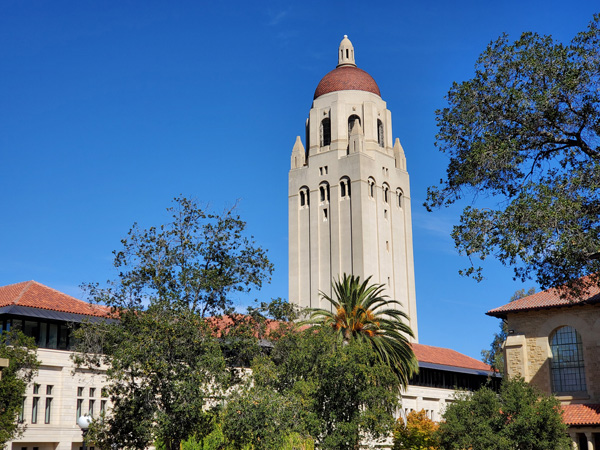California bans legacy admissions at private colleges

[Stanford University has been practicing legacy admissions. Photo Credit: Yujun Lee]
On September 30th, 2024, California Governor Gavin Newsom signed Assembly Bill 1780 (AB 1780), marking a historic end to legacy and donor preferences in college admissions at private and non-profit universities across the state.
The legislation, which adds a section to the California Education Code, will take effect on September 1st, 2025.
Legacy admission refers to a practice in college admission processes whereby certain applicants are given preferences based on their familial relationship with alumni of that college.
While the extent of the familial relationship varies between colleges, applications from children of alumni who have donated to the institution typically receive preferential treatment.
This practice has been widespread in the United States since the 1920s.
Historians note that it was originally intended to favor White Anglo-Saxon Protestants against the increasing number of Jewish, Catholic, and Asian students seeking higher education.
Unlike these groups, who were mostly immigrants or first-generation college students, White Anglo-Saxon Protestants had been the dominant group in America since its creation, having attended colleges for generations.
The practice has also served as a fundraising tool.
Alumni hoping to have their children attend their alma mater via legacy admission often feel compelled to make continuous donations to their institutions.
Consequently, most students admitted through legacy admission tend to be socioeconomically advantaged, predominantly white and wealthy.
Critics argue that this policy is problematic, as most countries do not have this form of preferential admission system.
Further, regarding public colleges, some argue that the practice violates the Fourteenth Amendment of the United States Constitution, which prohibits states from granting privileges to certain people.
The University of California, one of the state’s public college systems, abandoned legacy admissions in 1998.
Now, the newly signed bill extends the prohibition to all colleges within the state.
With this legislation, California becomes the fourth state in the nation to ban legacy admission, following Colorado, Maryland, and Virginia.
“In California, everyone should be able to get ahead through merit, skill, and hard work. The California Dream shouldn’t be accessible to just a lucky few, which is why we’re opening the door to higher education wide enough for everyone, fairly,” Governor Newsom said in a statement on the California governor website.
California is home to prestigious colleges such as Stanford University, the UC system, Caltech, and the University of Southern California.
Of them, Stanford University and the University of Southern California currently practice legacy admission.
According to recent data, about 13.6% of students admitted to Stanford University in 2023 were legacy applicants.
Advocates of the new law hope that the prohibition of legacy admission will create significant equality in admission to these institutions.

- Yujun Lee / Grade 11
- Homestead High School

![THE HERALD STUDENT REPORTERS [US]](/assets/images/logo_student_us.png)
![THE HERALD STUDENT REPORTERS [Canada]](/assets/images/logo_student_ca.png)
